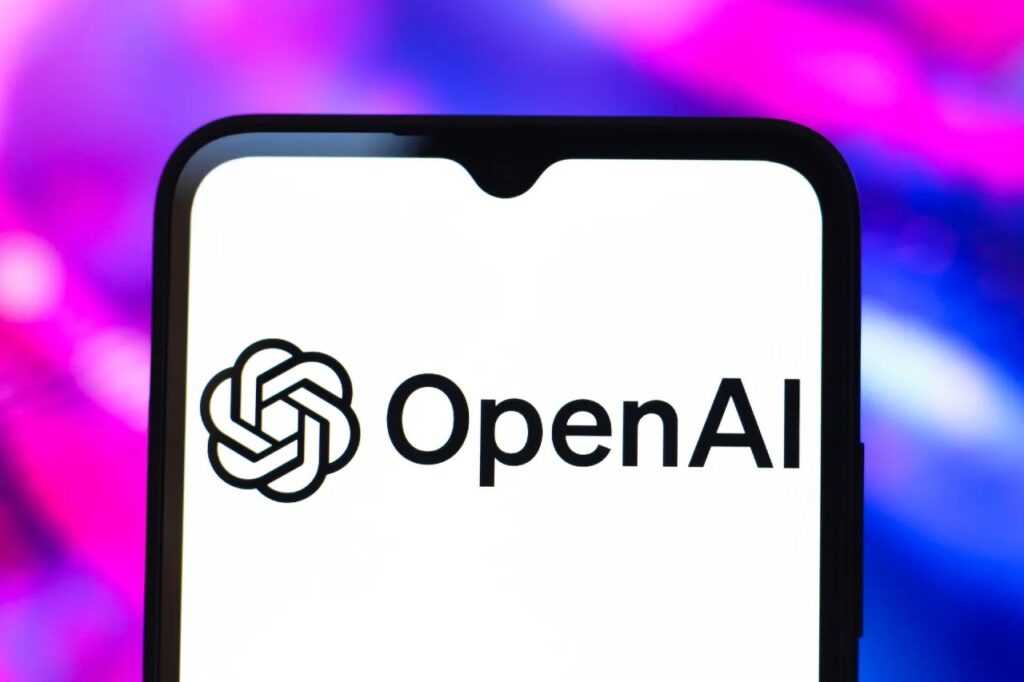A new letter from OpenAI offers a revealing look at how the company hopes the U.S. government will help fuel its next phase of growth, this time, not through research funding, but through tax policy.
In a detailed message sent by Chris Lehane, OpenAI’s chief global affairs officer, to Michael Kratsios, the White House director of science and technology policy, the company urged the administration to expand the Advanced Manufacturing Investment Credit (AMIC). Originally created under the Chips and Science Act, the 35% tax credit was designed to support semiconductor manufacturing. OpenAI now wants that same incentive to apply to AI data centers, AI servers, and critical electrical-grid components that power large-scale artificial intelligence systems.
Lehane argued that widening the credit’s scope would reduce capital costs, mitigate early-stage risk, and unlock private investment for the massive infrastructure required to train next-generation models. “Broadening coverage of the AMIC will lower the effective cost of capital, de-risk early investment, and unlock private capital to help alleviate bottlenecks and accelerate the AI build in the U.S.,” he wrote.
The company also asked the government to streamline environmental and permitting reviews for AI infrastructure projects and to establish a strategic reserve of key materials, including copper, aluminum, and processed rare earth minerals, that are essential to building and maintaining large-scale data facilities.
OpenAI publicly released the letter on October 27, but it drew little attention until this week, after executives made a series of remarks clarifying the company’s position on federal support.
At a Wall Street Journal event, CFO Sarah Friar suggested that the U.S. should “backstop” OpenAI’s infrastructure loans, a comment that quickly raised eyebrows. She later clarified on LinkedIn that she had “misspoke,” writing, “OpenAI is not seeking a government backstop for our infrastructure commitments. I used the word ‘backstop’ and it muddied the point.”
CEO Sam Altman later echoed that sentiment, emphasizing that the company does not “have or want government guarantees for OpenAI data centers.” In a follow-up post, Altman said that while OpenAI has discussed federal loan guarantees in the context of semiconductor fabrication, the company does not support bailouts or preferential treatment. “Governments should not pick winners or losers, and taxpayers should not bail out companies that make bad business decisions or otherwise lose in the market,” he wrote.
Altman also gave a glimpse into the company’s staggering financial trajectory. He said OpenAI expects to end 2025 with more than $20 billion in annualized revenue and is projecting growth to hundreds of billions by 2030. The company has already committed roughly $1.4 trillion in capital spending for data center expansion over the next eight years, an investment that underscores just how critical large-scale infrastructure has become to the AI race.
OpenAI’s appeal reflects a broader shift in how Silicon Valley leaders view industrial policy. What began as a semiconductor subsidy under the Biden-era Chips Act could soon evolve into a cornerstone of the AI economy, with private companies and policymakers now debating how to balance innovation, competition, and national strategy in the age of artificial intelligence.









